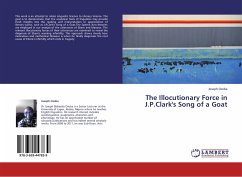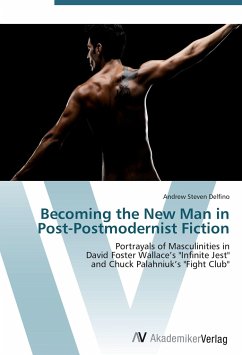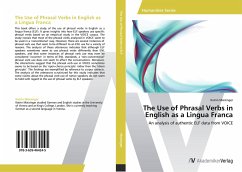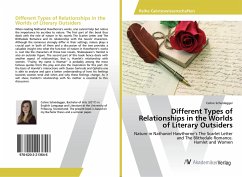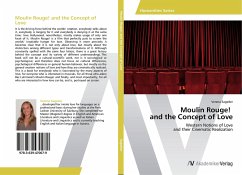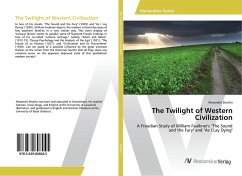Revision with unchanged content. Unlike many contemporary artists, edward estlin cummings made no attempt to formulate a theoretical basis for the concept of reality which is reflected in his work. His statements about what he considered real, and how he perceived truth were often rather confusing. Nevertheless, critics describe him as a serious poet with a philosophical framework behind his oeuvre. Yet, there are many different views on how it is exactly organized. This framework is the object of analysis in the study at hand. Nina von Dahlern discusses its structure, its inconsistencies, and also how these inconsistencies originate. At the same time an answer to the question why cummings' poems can still move today's readers in the way they do is formulated. The present monograph focuses on his love poetry, because love is the essential part of cummings' concept of reality. The dynamic development of reality the poet envisages led to the inclusion of sociological theories that understand the sociohistorical reality as a process in this study. The analysis of his concept of reality and its sociohistorical background results in a comprehensive thesis about his work as well as about its impact on the reader.
Hinweis: Dieser Artikel kann nur an eine deutsche Lieferadresse ausgeliefert werden.
Hinweis: Dieser Artikel kann nur an eine deutsche Lieferadresse ausgeliefert werden.


